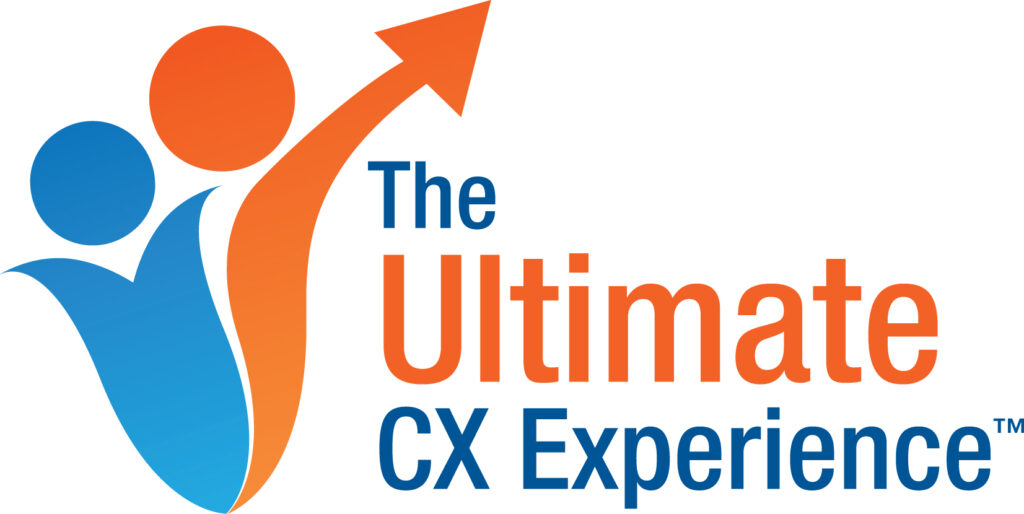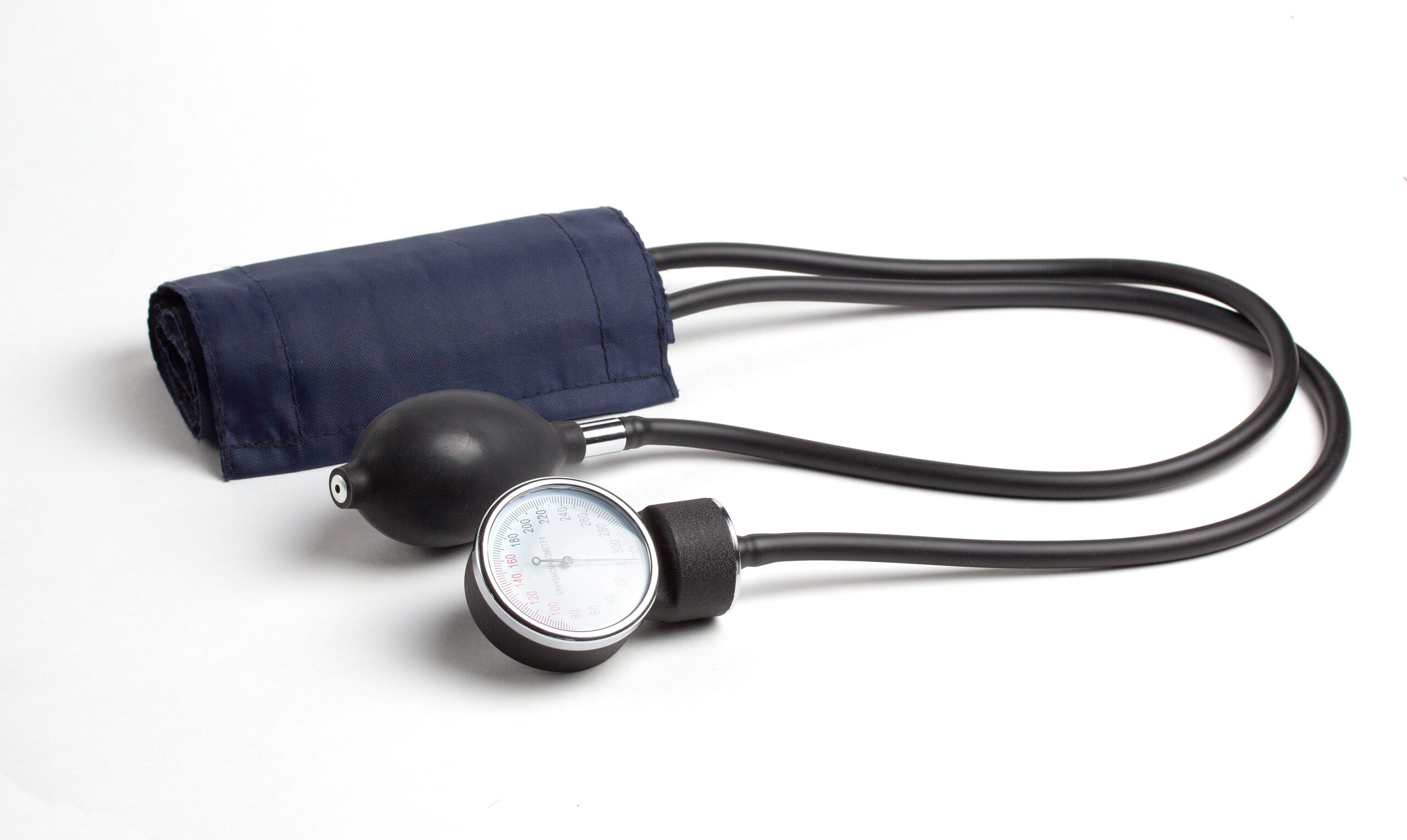
I listen to a lot of dental practice front office phone calls.
We record these calls for our clients, because it’s the only way that we know exactly what’s going on, on each client’s phones.
And it’s the only way that we can keep each team member at each client accountable for their words and for their actions.
IF WE DON’T LISTEN TO RECORDINGS, WE’RE ONLY GUESSING WHAT’S BEING SAID ON THE PHONES.
And guessing is inaccurate.
Guessing cannot be anything but inaccurate.
When we start talking to dental practice owners about how their phones are being answered, the answer we get is this:
“I THINK our phones are being answered ok…”
That’s kind of like your doctor telling you he thinks your blood pressure is OK, but he’s not bothered to ever put a sphygmomanometer on you…
Saying “I THINK” is admitting to guessing.
And when you’re guessing about such an important area of your dental practice, without knowing the true data and the TRUTH about what EXACTLY is being said on your phones and who is calling and making appointments and what’s being said to them, and what should be being said to them, well, the ensuing results are all far from concrete.
Actually, the results are just mushy quicksand…
Without knowing the start of the story, the ending can only be rubbery and soft, at best.
So let’s look at that three point phone greeting:
And the importance of part three.
Here it is:
“Thank you for calling Active Dental. This is Jayne. How may I help you?”
Part One:
Thank them for calling YOUR PRACTICE NAME.
Back when I started working in dentistry as an associate, the phone at the practice was answered:
“Dental Surgery”
And nothing else.
We’ve come a long way since those days.
Part Two:
Identify yourself so the caller knows who they are speaking to.
“This is Jayne.”
I’ve heard dental receptionists say:
“You’re speaking with Suzie” and nothing else, as if it’s the caller’s lucky day…
This part two needs to be simple and understated, because part three is the power part…
Part three:
“How may I help you?”
I’ve recently heard this shortened to “How may I help?” which has a totally different meaning, and is WRONG.
This is because the inclusion of the word “you” is so important because it directs our intention of what we are saying back towards the caller.
Saying “How may I help?” only, actually ignores the caller [“you”] and their need to be helped, and focuses attention towards the receptionist as the saviour there to rescue the caller.
We need to be focussing on the caller’s reason for calling.
The purpose of answering the dental office phone…
The three purposes we must always uphold when answering the dental office phone are to be a friend to the person calling, solve the caller’s problem, and give the caller hope.
There is no purpose to do with the receptionist themselves.
It’s all about the caller.
So don’t get sloppy.
Don’t de-emphasise the caller’s importance.
When the dental office phone rings, it always has to be one hundred percent about the caller.
When you focus on the caller, you will inherently make them feel important.
That is our primary goal.
Our primary goal whenever the phone rings at our dental office is to make the caller feel as though we’ve been waiting for them to ring our practice all day, just so we can help them with their dental concern.
*************

Dr. David Moffet BDS FPFA CSP is a certified CX Experience coach. David works with his wife Jayne Bandy to help SME businesses improve their Customer Service Systems to create memorable World Class experiences for their valued clients and customers. Click here to find out how David and Jayne can help your business
